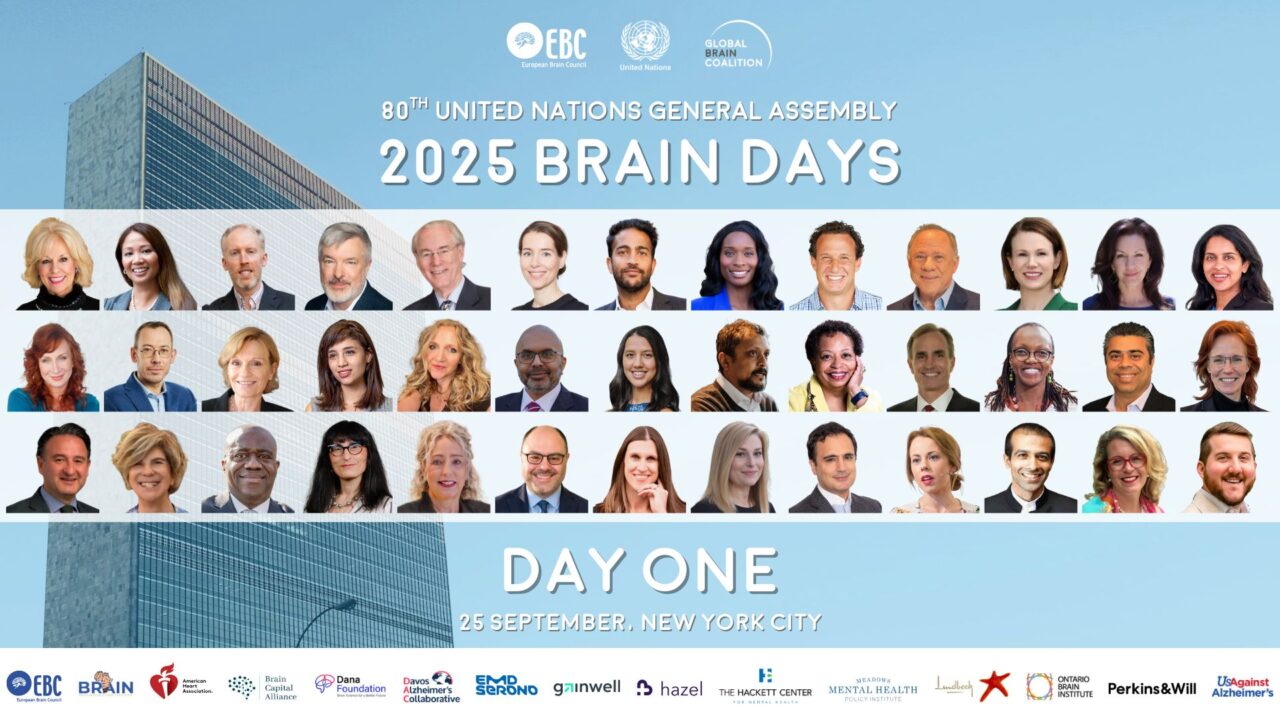
UN Policy Brief: Transformative Games for Trauma Recovery and Global Development
Executive Summary
Trauma is a global public health and economic challenge. In the United States alone, post-traumatic stress disorder (PTSD) costs an estimated $232 billion annually, or $19,630 per affected person per year (Davis et al. 2022). These costs stem from reduced workforce participation, absenteeism, and increased healthcare expenditures. Beyond economics, trauma undermines what researchers term Brain Capital, the collective cognitive, emotional, and social resources that drive societal progress (Smith et al. 2021).
Transformative games (structured, role-play–based experiences designed for healing and learning) offer a scalable, localized, and affordable solution. Evidence shows that role-play lowers psychological barriers, creates safety through the alibi effect, and fosters transfer of insights from game worlds into real life (Bowman and Eriksen 2023). This dual mechanism allows survivors to reframe narratives, process trauma, and re-engage with their communities.
Why Games? The Evidence Base
- Therapeutic impact: Stepping into a fictional character reduces defenses and facilitates emotional processing (Bowman and Eriksen 2023).
- Scalable and localized: Transformative games can be facilitated by local practitioners with minimal infrastructure, ensuring cultural relevance and sustainability.
- Transferable skills: Practicing roles in a fictional frame supports identity exploration and builds coping strategies (Bowman and Eriksen 2023).
- Economic returns: Faster trauma recovery reduces healthcare costs, improves workforce stability, and strengthens community participation (Davis et al. 2022; Smith et al. 2021).
Alignment with UN Priorities
Transformative games directly support 12 of the 17 UN Sustainable Development Goals (SDGs), including:
- SDG 3: Good Health and Well-Being – accessible trauma recovery.
- SDG 4: Quality Education – immersive learning methods increase engagement and equity.
- SDG 5: Gender Equality – role-play fosters empathy and inclusion.
- SDG 8: Decent Work and Economic Growth – reduction in trauma can positively impact economic growth
- SDG 9: Industry, Innovation and Infrastructure – reduction in trauma can create the brain health for innovation
- SDG 10: Reduced Inequalities – provides accessible mental health solution
- SDG 11: Sustainable Cities and Communities – providing community training for mental health and education
- SDG 13: Climate Action – transformative education programs inspire action
- SDG 14: Life Below Water – ocean sciences education for conservation
- SDG 15: Life On Land – earth sciences education for conservation
- SDG 16: Peace, Justice, and Strong Institutions – community storytelling strengthens social cohesion.
- SDG 17: Partnerships for the Goals – training local facilitators allow for cultural adaptation of programs
(Full UN SDG text: United Nations 2015)
Policy Recommendations
- Integrate Transformative Games into Post-Crisis Recovery
Deploy trained facilitators in displacement and post-disaster contexts. Survivors can process trauma safely, while communities rebuild faster with healthier, more engaged citizens. - Invest in Local Capacity Building
Prioritize training of community-based facilitators rather than external experts. This ensures cultural grounding, sustainability, and local ownership. - Support Research and Implementation Pilots
Fund pilot programs to measure outcomes on health, education, and workforce participation. Demonstrated ROI will strengthen the case for larger-scale adoption. - Leverage Games for Cross-Sector Impact
Extend beyond trauma recovery to STEM education, cultural bridge-building, and resilience training, amplifying returns across multiple SDGs.
Call to Action
Transformative games are not entertainment. They are development tools that heal, connect, and unlock human potential. With relatively low investment, governments, UN agencies, and financial institutions can deploy transformative games to strengthen Brain Capital, reduce long-term costs of trauma, and accelerate progress toward the SDGs.
The time to act is now: By embedding transformative games into recovery, education, and cultural programs, policymakers can catalyze scalable, localized, and sustainable change.
Downloadable PDF of UN Policy Brief: Transformative Games for Trauma Recovery and Global Development
References
- Bowman, Sarah Lynne, and Anne-Kristine Eriksen, eds. 2023. The Functions of Role-Playing Games: How Participants Create Community, Solve Problems, and Explore Identity. 2nd ed. Stockholm: Stockholm University Press. https://library.oapen.org/handle/20.500.12657/98272
- Davis, Lori L., John C. Williams, Mark H. Pollack, et al. 2022. “The Economic Burden of Posttraumatic Stress Disorder in the United States From a Societal Perspective.” Journal of Clinical Psychiatry 83 (3): 21m14134. https://pubmed.ncbi.nlm.nih.gov/35485933/
- Smith, Eric, Harris A. Eyre, Michael Berk, Thomas J. Insel, and Helena Chmura Kraemer. 2021. “A Brain Capital Grand Strategy: Toward Economic Reimagination.” Molecular Psychiatry 26 (1): 3–22. https://doi.org/10.1038/s41380-020-00918-w
- United Nations. 2015. Transforming Our World: The 2030 Agenda for Sustainable Development. New York: United Nations. https://sdgs.un.org/2030agenda
